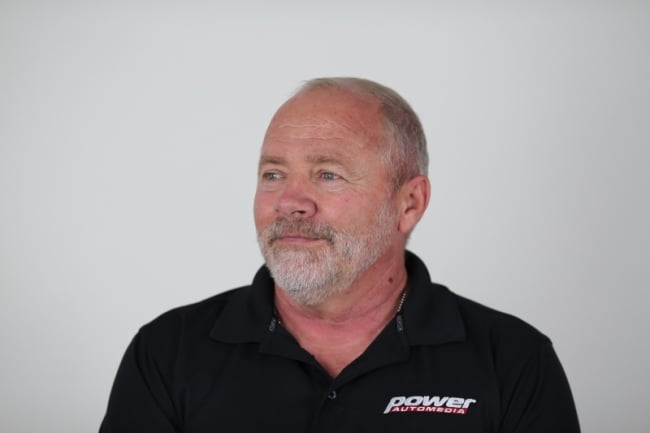Torque converter stall speed is often quoted with tons of numbers being thrown at the enthusiast, but how many really know what stall speed really is? Hughes Performance’s video series on Torque Converters explains this in episode #5.
Mike Nichols discusses stall speed and what it means in common layman’s terms. Along the way, Nichols helps dispel a lot of stall speed myths. Additionally, he clears up a lot of confusion that many people have surrounding stall speed and torque converter function.
Torque converter stall speed is basically the maximum amount of engine rpm that can be achieved in an automatic transmission-equipped vehicle while the transmission is in a forward operating range without generating any driveshaft motion. As you have seen in marketing documents, stall speed is not a fixed number. Manufacturers typically quote various advertised stall speeds on their individual torque converters.
Advertising numbers can be misleading. For example, if a torque converter is advertised with a stall speed rating of 3,000 rpm, it won’t actually provide 3,000 rpm stall speed at every possible application across the board. The RPM level that an engine immediately accelerates to is called the flash stall. Flash stall speed is one of the most useful ways to truly gauge the stall speed characteristics of a torque converter and how those characteristics will influence the acceleration potential of a vehicle.
Load Sensitive
“A torque converter is a load-sensitive device,” says Nichols. A torque converter is going to respond with a varying stall speed number based on many factors. Factors that influence torque converter stall speed include the output torque of the engine, vehicle weight, rear axle ratio, rear tire height, torque converter diameter, impeller fin angle design, stator design, impeller-to-turbine clearance, stator-to-impeller clearance, stator-to-turbine clearance, and brake bias.
Hopefully, we’ve piqued your curiosity enough to watch the video and follow up with Hughes Performance. For more answers about torque converters, and how you can pick the right one for your application, visit them online at www.hughesperformance.com.


















